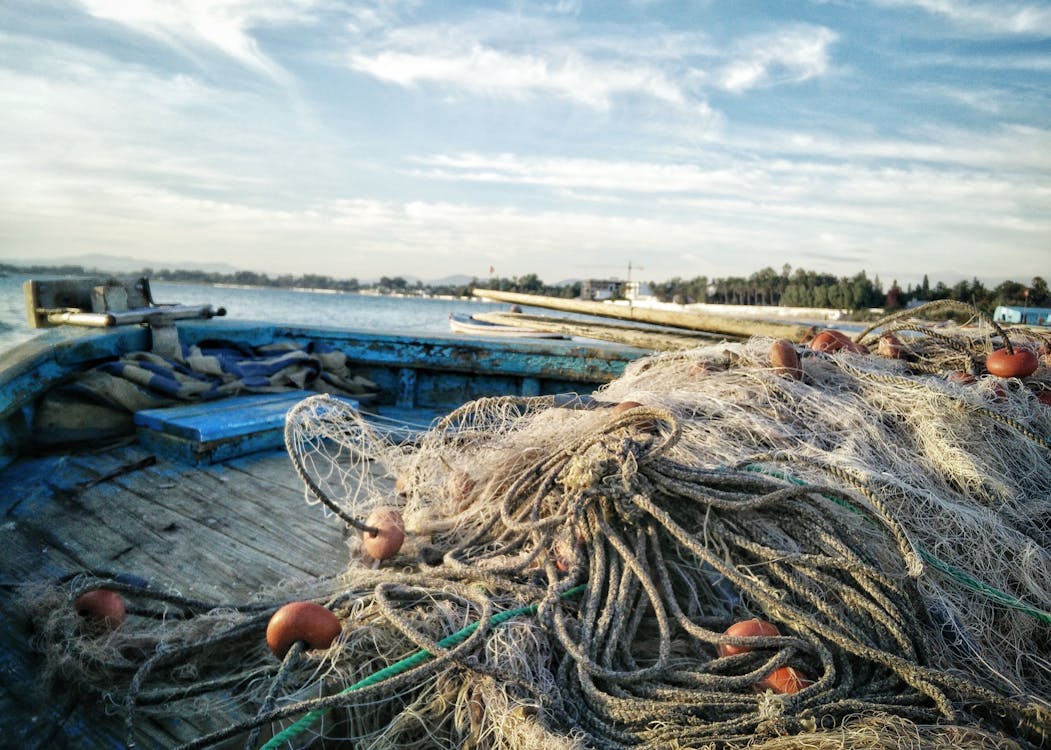The fishing and seafood sector has always been an important part of Devon’s heritage. However, this sector faces a number of challenges from rising sea temperatures and marine pollution to declining fish populations and bycatch. By making informed decisions on how we use our marine resources, we can begin to tackle some of these problems.
Buy seasonal and sustainable fish

Sustainable – The MCS has also produced a good fish guide which helps you identify fish that have been sustainably produced and which to avoid.
Support local fishing
Boatstories provides information on where to buy locally landed sea caught fish in North Devon. The website also introduces you to each of the local fishing businesses and where you can buy their fish.
Although produced across the border, the Cornwall Good Seafood guide also lists where to buy fish landed in Devon and recommends sustainable species and recipes.
Make current practice more sustainable
Net recycling – The Net Regeneration Scheme works within many South West harbours including Brixham, Plymouth and Bridport to recycle end of life nets. This free service will recycle trawl, monofilament and gill nets. If you would like to discuss the individual needs of your harbour, you can contact Rob at rob@odysseyinnovation.com
Marine Stewardship Council Certification – To be certified, your fishery will be assessed by an independent certification body. If you are following the best practice, you can display the MSC blue label on your fish and seafood products. This assures customers that your produce is sustainable.
Reduce Bycatch – Fishtek Marine based in Devon, develop products to reduce bycatch in pelagic longline, gill net, seine and trap fisheries. They do this through a mix of deterrent pingers and anti-depredation pingers which can easily be attached to nets. To find out which of their devices may best support your needs visit their website.
Improve current knowledge and understanding of UK fishing
Share your information – Clean Catch UK is working is a collaborative research programme that works with scientists and fishermen to find solutions to accidental capture of wildlife. Get in touch with them if you would like to take part in a local study to reduce bycatch.
Keep up to date with policy and research – Cefas, the Centre for Environment, Fisheries and Aquaculture Science are an agency of DEFRA (the Government’s Department of Environment, Food and Rural Affairs) and employ experts in marine and freshwater science. Their research goes on to advise the government to help keep our seas, oceans and rivers healthy and productive.
Join the Devon Maritime Forum – A network of stakeholders, policy makers, conservationists and scientists working collaboratively to tackle marine challenges in Devon. The forum provides a voice for maritime Devon and you can be part of this voice.
Information on marine legislation and Shoreline Management Plans can be found on the DCC website.

